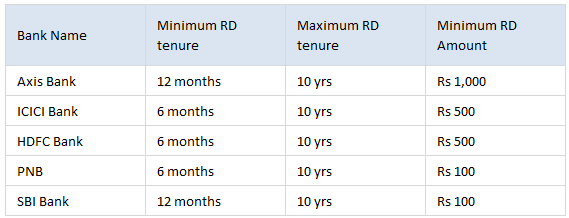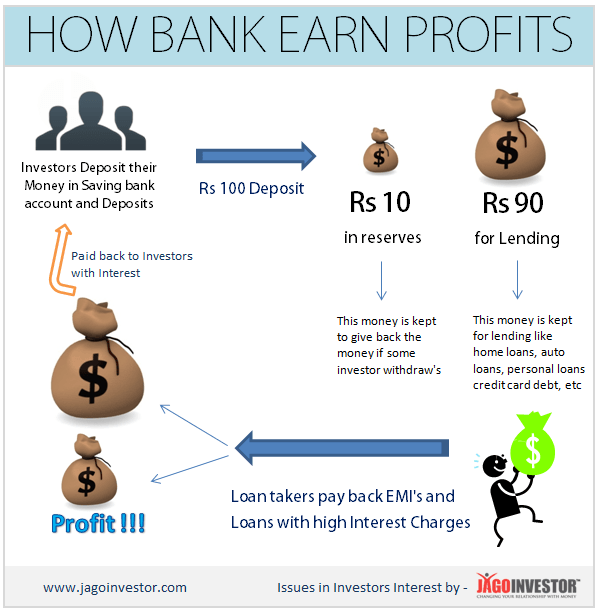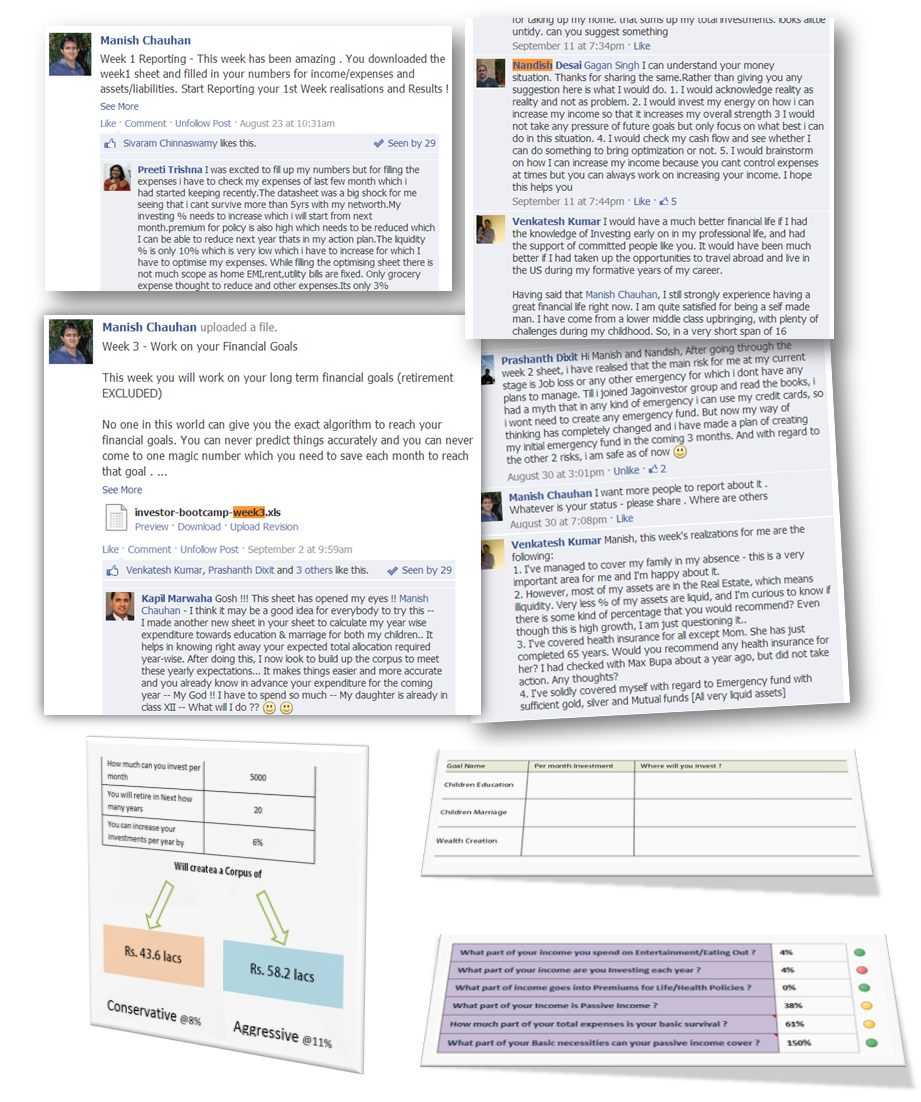Today, on Jagoinvestor, I will coin a new term – Security Quotient. Just as I.Q. (Intelligence Quotient) is a score that measures your overall intelligence, Security Quotient (S.Q.) measures how well you have managed the security of different areas of your financial life. By security I am taking about insurance against external factors.
Imagine a warrior – heading to battle and donning various pieces of armor to protect his body. He covers himself from top to bottom and ensures there are no chinks in his armor. A warrior can concentrate on fighting against the opponent only when he is assured that he is secured from all sides. If he leaves himself exposed, he risks getting severely injured every time he is attacked.

Now imagine yourself as a soldier too. You head out of your home everyday and brave the perils of your daily job to earn money. You strive to ensure you have enough funds to meet your financial goals and to have a good lifestyle including buying a home, car and other assets. But you are always exposed to various kinds of external risks in life. If you do not take measures to handle them, you can come under attack from them some day and your financial life may be severely crippled or may even collapse. It is therefore imperative that you protect yourself well from all sides and have the resilience to deal with any kind of risk. This should take the form of preemptive action, which ensures that should an adverse situation arise, you already have put things in place to eliminate or minimize the risk.
Now lets look at few areas, both big and small, and how you can take actions to protect yourself from risks in these areas.
1. Protection against Life Risk (35%)
What if you die before you expect to? A few days back I heard the news that 40 people had died in a mishap while travelling from Bangalore to Hyderabad in a Volvo bus. Do you think any of the passengers had expected such a situation to arise while boarding the bus the night before? Similarly, you have no way of predicting when the truck behind you on the road might lose its balance and run you over. So while you can control your actions, you have little to no control over the actions of others and the incidents arising from those actions.
So have you taken sufficient life insurance through a term plan or are you still deluding yourself by having those 3 or 4 traditional life insurance policies, which would not even feed your family for 2-3 years in the unfortunate event of your demise!
2. Protection against Hospitalization Risk (25%)
The wife of a relative of mine was suddenly hospitalized a few months back after having lived a healthy 55 years without any major illness. Her husband had felt that paying premiums for a product that ‘might’ not be needed was a waste of money. Unfortunately, as a result of the unexpected hospital bills, a good part of his retirement corpus is now eroded and he is making enquiries with me for a good health insurance policy. I had to inform him that it would be tough now to get a policy at a reasonable premium. The best time for him to take health insurance had long since passed.
How about you? Are you sitting on a pile of cash to the tune of 5-10 lakhs? You had better be ready with this money it if you are not planning to take good health insurance cover.
3. Protection against illness (5%)
Now what if you catch some major illness? Are you taking care of your health properly? Are you walking, exercising, biking and eating correctly? These are some steps you should be taking today to make sure you lower your risk of illness or disease. Admittedly, this was a non-finance tip, but also consider taking critical illness cover so that in the event you are diagnosed with some thing major, you get support from health insurance companies in form of money.
4. Protection against Theft at Home or Fire (5%)
I know the probability of these things occurring is miniscule – but there is still some risk you are exposed to. The more I watch Crime Patrol on Sony TV, the more I am convinced that world is not as safe as I assumed it to be! The courier boy might not be a courier boy – He might be a burglar!. A few years back, a relative’s house almost caught fire at Diwali time as a result of children carelessly bursting crackers inside the house.
Again, though chances of something like this happening are minimal, the risk will always be there. It is therefore your choice if you want to be prudent and get insured against home damage due to theft, fire or other natural disasters. The good thing is, it does not cost a lot of money. A Few hundred rupees are all you need to pay for reasonable coverage against these risks.
5. Protection against Frauds on Credit Card and Banking (5%)
The Internet is filled with millions of complaints against credit card frauds and banking related frauds yet at the same time it is also filled with credit card numbers, PAN card numbers, bank account numbers and so many important details.
The frightening thing is that smart people have lots of tricks to exploit the fragile systems to mine this information and loot investors. The ideal way to protect yourself is to know and apply the best practices to secure your information and also study the rules about banking and credit cards. You also have the option to take insurance cover against credit card theft and frauds, if that appeals to you.
6. Protection against Job loss (10%)
The shock of job loss is high because most people are immediately concerned about two things – “Will I get another job?” and “How will I handle my expenses for next few months?”
You can actually handle the second issue by maintaining an emergency fund that is sufficient to cover your expenses for a predefined number of months in the event of job loss. Say for example your expenses amount to Rs. 50,000 per month. You should be setting aside Rs. 3 lakhs only to be used if you lose your job. You could deposit the money in a F.D. and earn good interest on it – but it has to carry the mental label of ‘for emergency use only’! . You should read this article to learn how I created a job loss insurance product hypothetically
You also need to make sure you enhance your job skills and also build a strong position in your company. The ideal situation is when your employer needs your expertise more than you need that specific job! Achieving this outcome is purely in your control.
7. Protection against your Car Accident (10%)
I recently had to get a replacement for my car’s windshield. I was not worried about the expense because I had covered it already. A stone struck the windshield and shattered it. While this was a small incident, there are bigger problems lurking on Indian roads. What if your car were to be in a major accident and get badly damaged? What if it were to get stolen? What if you were to hit someone by accident and have to foot a bill of Rs. 35,000? Who will pay for all these expenses? (A similar analogy can be applied to 2-wheelers as well)
The way you can protect yourself against these risks is by taking auto insurance. Thank god it is almost mandatory in India and no one makes a fuss about getting it (like they do about term insurance).
8. Protection against loss of key documents (5%)
There was an instance when I was convinced that I had lost my Passport, original driving license and a few other key important documents (thankfully they were not lost – just misplaced). I panicked and was cursing myself for not keeping a scanned version of the documents with me, even though I had planned on doing so a lot of times.
After some frantic searching I managed to find the documents and the first thing I did was to create duplicates, keep one copy at my wife’s home and the other in my bank locker. I now make sure, that I am more careful about handling these critical pieces of paper. While I will do my best to ensure I never lose them, I always have a backup somewhere should I misplace the originals. The same goes for the keys to my home as well my important emails and digital documents!
So whats your Security Quotient between 0% – 100% ?
Just look at all the 8 points above. If you think you have secured yourself against that risk, give yourself a score from the number written next to each point. Tally up your total points and let me know how much you scored?







